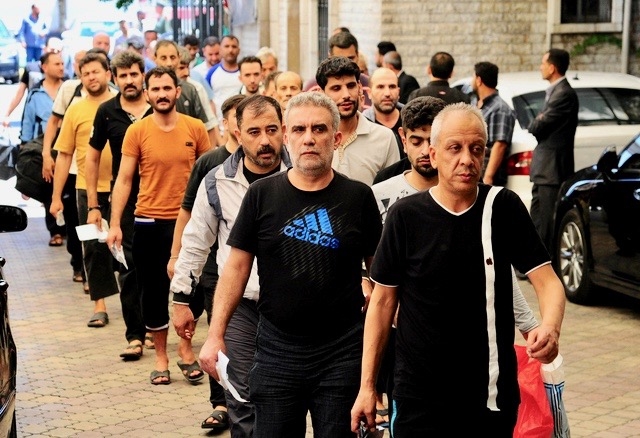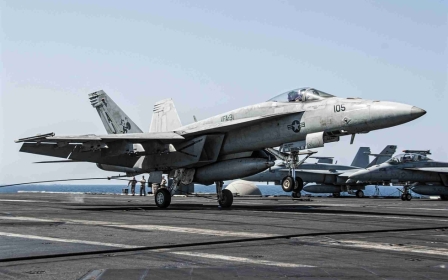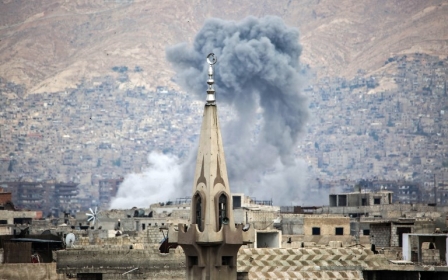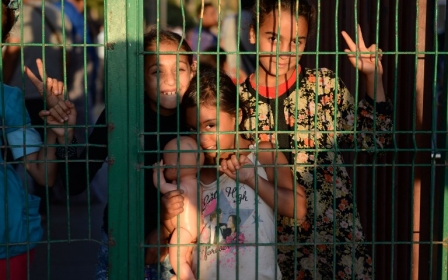Syrian government says it freed 672 prisoners

Syria's government said on Saturday that it had released 672 prisoners who promised to accept the state's authority, a move it said was aimed at bolstering a "reconciliation" process.
Reconciliation is the term the government uses for local deals with rebels for them to either disarm and accept its rule or to leave with small arms for other rebel areas.
"They have been released after promising not to do anything against the nation's security or stability," Justice Minister Hisham al-Shaar was quoted as saying by the official SANA news agency.
He said most of the prisoners were from Damascus, but there were others from across Syria, indicating the release was not linked to a particular deal regarding one rebel-held area.
SANA did not report what the freed detainees had been put in prison for, but some of those released told Reuters they were arrested for actions they took against the government.
Syria's opposition says reconciliation deals are forced on areas after prolonged sieges and intense bombardment. The United Nations has warned they may be used to force people from their homes.
President Bashar al-Assad has said he sees them as a way to reduce fighting in Syria and bring to an end the six-year conflict that has killed hundreds of thousands of people and made millions homeless.
The opposition, Western countries and rights groups say the government has detained tens of thousands of Syrians without trial for political reasons, torturing and killing thousands of them. Assad and his government deny that.
New MEE newsletter: Jerusalem Dispatch
Sign up to get the latest insights and analysis on Israel-Palestine, alongside Turkey Unpacked and other MEE newsletters
Middle East Eye delivers independent and unrivalled coverage and analysis of the Middle East, North Africa and beyond. To learn more about republishing this content and the associated fees, please fill out this form. More about MEE can be found here.




